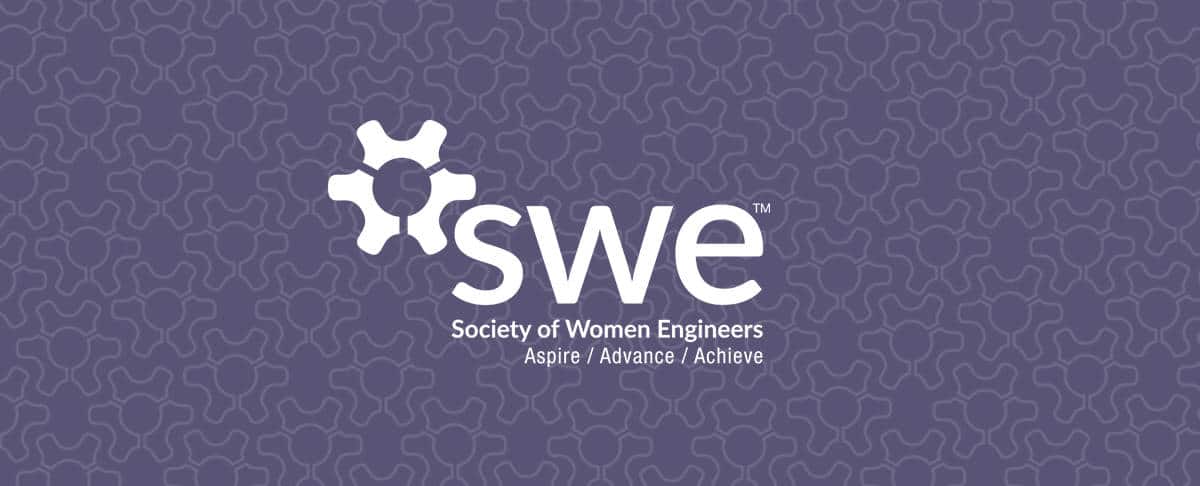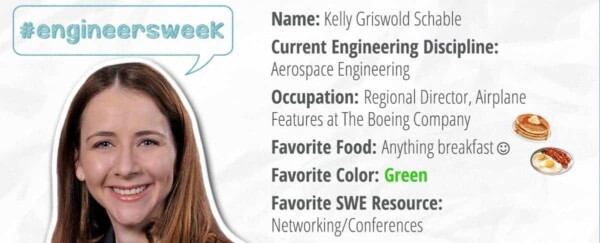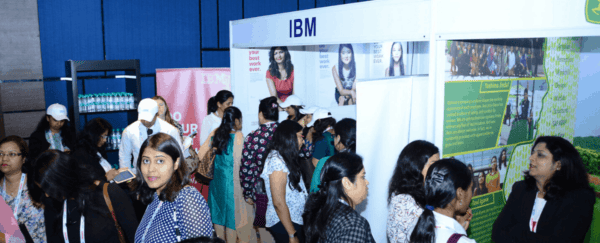The American Society for Engineering Education’s 126th conference was held in Tampa, FL this month. It was a wonderful opportunity to share SWE’s latest research on gender bias in the engineering workplace in India. Through both a paper presentation in the Women in Engineering Division and a poster session during the President’s Farewell Reception and International Forum, SWE offered fresh insights into the experiences of women in engineering to new audiences.
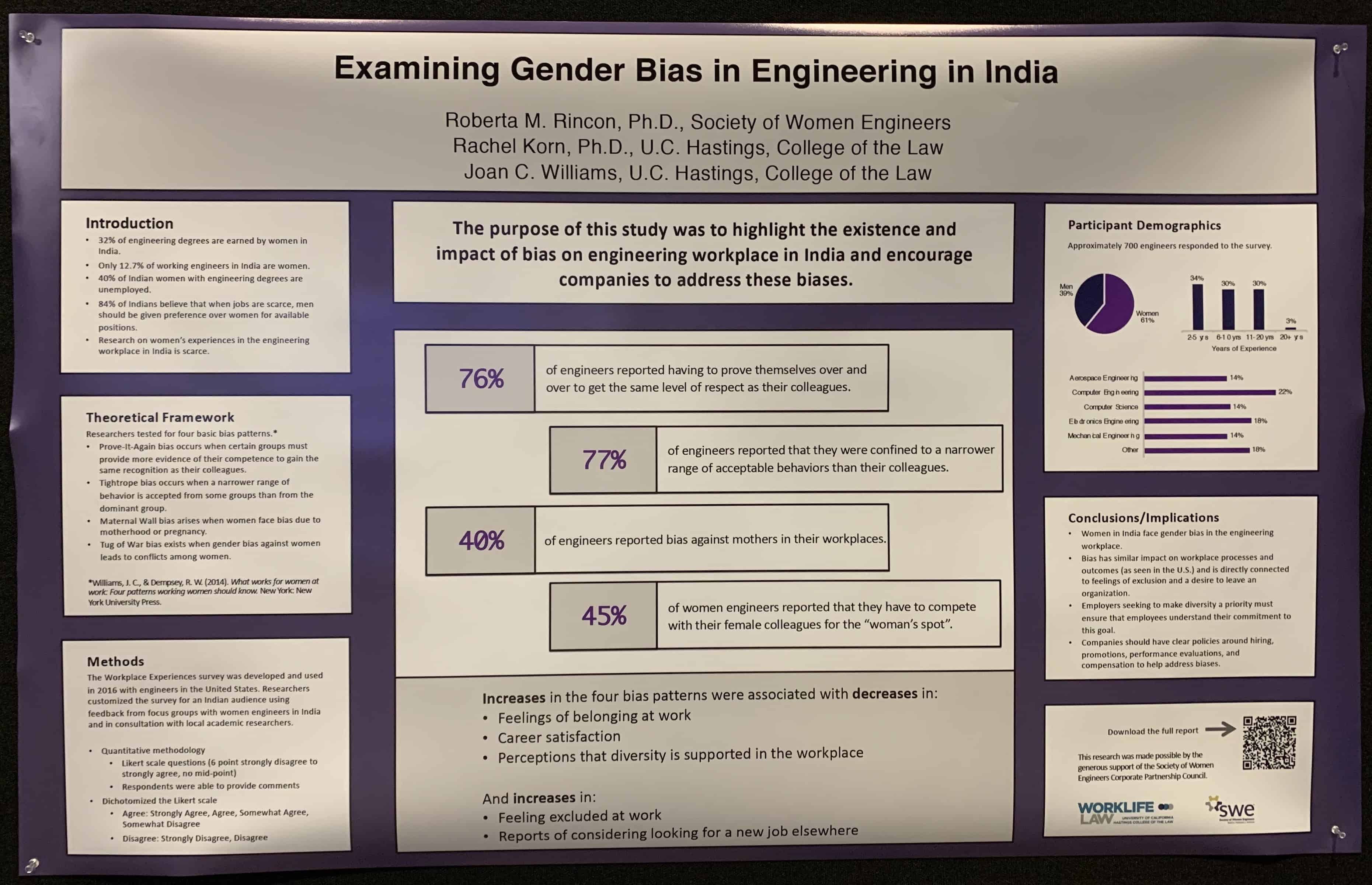 ASEE’s annual conference is an amazing opportunity to learn about the research that is being conducted across the U.S. and around the globe. There are many researchers focused on ways to diversify the engineering profession through improved instructional techniques, addressing inequities in pay and promotion in faculty ranks, and exposing young students and undergraduates to hands-on experiences and research opportunities. Some of the research that I had the chance to learn about include:
ASEE’s annual conference is an amazing opportunity to learn about the research that is being conducted across the U.S. and around the globe. There are many researchers focused on ways to diversify the engineering profession through improved instructional techniques, addressing inequities in pay and promotion in faculty ranks, and exposing young students and undergraduates to hands-on experiences and research opportunities. Some of the research that I had the chance to learn about include:
- A panel session in the Continuing Professional Development Division on The Future of Work and Implications for Engineering Education. The panelists discussed technological and societal changes that will require engineering educators to rethink how and what is being taught to future engineers. One example is the impact that the retirement of Baby Boomers and Generation X workers are having in the workplace, including the need for engineers to be comfortable working within a multi-generational workforce. Another is the bias that we must mitigate as people become more reliant on artificially intelligent systems and less inclined towards human interaction. Also, we need to train workers for domain transfer (i.e., critical thinking and problem-solving skills that can apply to multiple workforce environments). As technology continues to evolve at a faster rate, future job needs will change and engineers must be able to adapt to those changes.
- A paper presentation in the Two-Year College Division that highlighted a collaborative effort between two community colleges (Somerset Community College in Kentucky and Sinclair Community College in Ohio) and one university (Tennessee Tech University) to share design and additive manufacturing facilities and capabilities to improve their students’ design competencies. Through collaborative design and production, this NSF-funded project allows the faculty and students at these institutions to work together as virtual teams to produce tangible product solutions to real-world problems.
- A poster presentation in the Engineering Ethics Division on a work-in-progress involving the development of a module in an introductory coding course that introduces the topic of implicit bias to students. Students in the course develop an implicit bias test in MATLAB. Coding topics are intermingled with activities designed to increase awareness of implicit biases and the impact that they can have on engineering teams and design. Dr. Joseph Martel-Foley, an Assistant Professor at the Wentworth Institute of Technology overseeing this project, noted the need to incorporate ethical considerations into engineering courses in a way that helps students recognize their importance.
It is exciting to hear how engineering educators are exploring new ways of teaching and learning, modifying their instructional techniques to try to prepare future engineers for a constantly changing workplace and increasingly diverse workforce. It is also a privilege to have the opportunity to share SWE’s research and connect with researchers interested in exploring gender equity issues.
Author
-
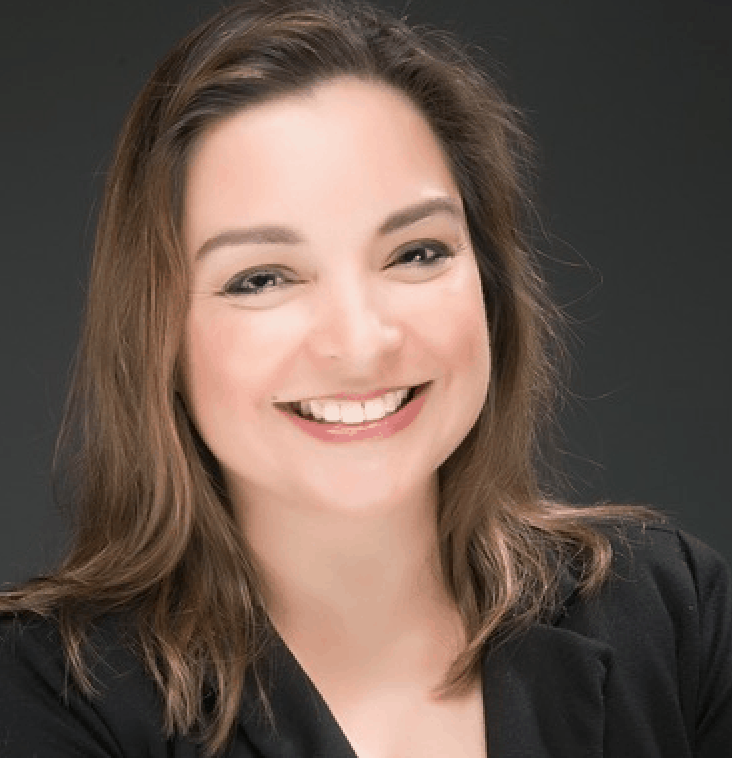
Roberta Rincon oversees SWE's research activities on gender equity issues affecting girls and women in engineering, from school to career.

